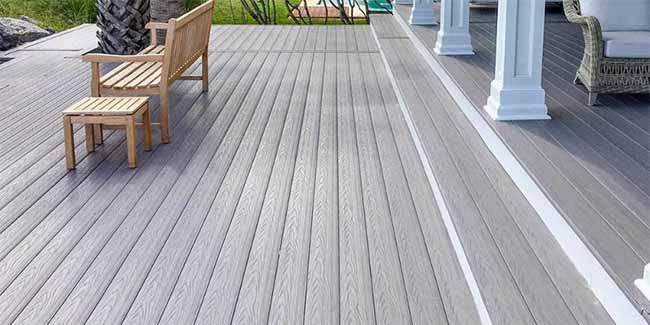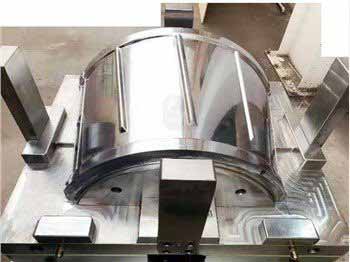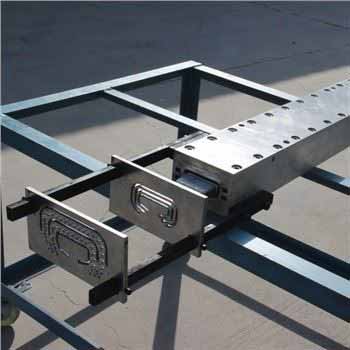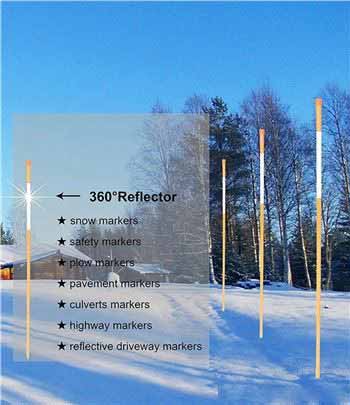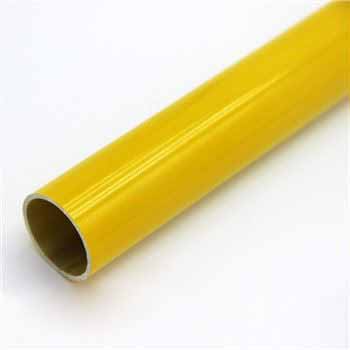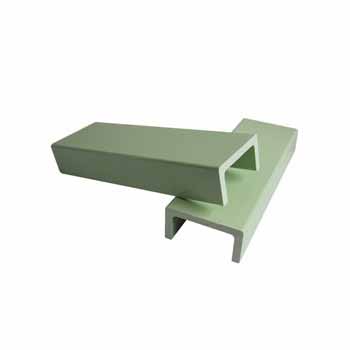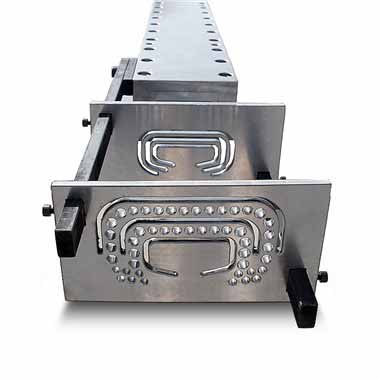FRP Composite Deck is a composite material made of fiber-reinforced polymer (FRP), which has many advantages over other materials for various applications. In this article, we will introduce some of the main features and benefits of FRP Composite Deck, as well as some of the products and projects that use this innovative material.
What is FRP Composite Deck?
FRP Composite Deck is a type of decking that uses FRP as the main structural component. FRP is a composite material that consists of a polymer matrix reinforced with fibers, usually glass, carbon, or aramid. FRP has high strength-to-weight ratio, corrosion resistance, fire resistance, and design flexibility. FRP Composite Deck can be fabricated into different shapes and sizes to meet any loading and geometry requirements. FRP Composite Deck can be used for various applications, such as bridge decking, pedestrian walkways, industrial flooring, and more.
What are the advantages of FRP Composite Deck?
FRP Composite Deck has many advantages over other decking materials, such as wood, concrete, or steel. Some of the main advantages are:
Lightweight Construction. An FRP deck is 80 percent lighter than a reinforced-concrete structure1. FRP’s weight reduction reduces strain on the structure and makes installation easy, fast, and affordable.
Design Flexibility. FRP can be engineered with ideal structural properties to handle almost any load1. FRP Composite Deck can also be customized into panels, which makes easy installation possible regardless of the shape or size of the structure1.
Safe Walking/Driving Surface. FRP Composite Deck can have polymer aggregate overlays that are non-slip; can withstand snow plows and come in many colors1. FRP Composite Deck also provides a smooth and comfortable surface for pedestrians and vehicles.
Corrosion-Resistant. FRP surfaces resist degradation from all common corrosive and abrasive influences including deicing chemicals and UV exposure1. FRP Composite Deck does not rust or flake like steel or concrete decking.
Maintenance-Free. Because FRP is corrosion resistant, the material has a substantially longer working life than wood and concrete decking1. You can expect your FRP deck to last at least 75 years with minimal maintenance1.
Life Cycle Cost Savings. The ability to virtually eliminate maintenance also comes with a financial incentive. Labor and material cost savings gleaned from zero service make FRP the right choice for any project1.
What are some of the products and projects that use FRP Composite Deck?
There are many products and projects that use FRP Composite Deck for different purposes and applications. Some examples are:
Bridge Decking. FRP Composite Deck is an ideal material for bridge decking, as it can provide structural support for concrete slabs during building erection2. FRP Composite Deck can also be used for pedestrian bridges, cantilever sidewalks, and vehicle bridges1. Some examples of bridges that use FRP Composite Deck are the Halls River Bridge in Florida1, the Grist Mill Bridge in New Hampshire1, and the South Park Bridge in Washington1.
Pedestrian Walkways. FRP Composite Deck can also be used for pedestrian walkways, such as sidewalks, boardwalks, trails, and platforms3. FRP Composite Deck can provide a safe and comfortable surface for pedestrians, as well as a durable and aesthetic appearance. Some examples of pedestrian walkways that use FRP Composite Deck are the Riverwalk Trail in Virginia3, the Lakefront Trail in Chicago3, and the Grand Canyon Skywalk in Arizona3.
Industrial Flooring. FRP Composite Deck can also be used for industrial flooring, such as in chemical plants, power plants, water treatment facilities, and more2. FRP Composite Deck can provide corrosion protection for the underside of concrete slabs2, as well as a strong and fire retardant surface for workers and equipment2. Some examples of industrial flooring that use FRP Composite Deck are the ExxonMobil Chemical Plant in Texas2, the Duke Energy Power Plant in North Carolina2, and the City of Houston Water Treatment Plant in Texas2.
Conclusion
FRP Composite Deck is a composite material that has many advantages over other decking materials for various applications. FRP Composite Deck is lightweight, flexible, safe, corrosion-resistant, maintenance-free, and cost-effective. FRP Composite Deck can be used for bridge decking, pedestrian walkways, industrial flooring, and more. FRP Composite Deck is an innovative material that can provide solutions for many engineering challenges and enhance the performance and appearance of structures.


